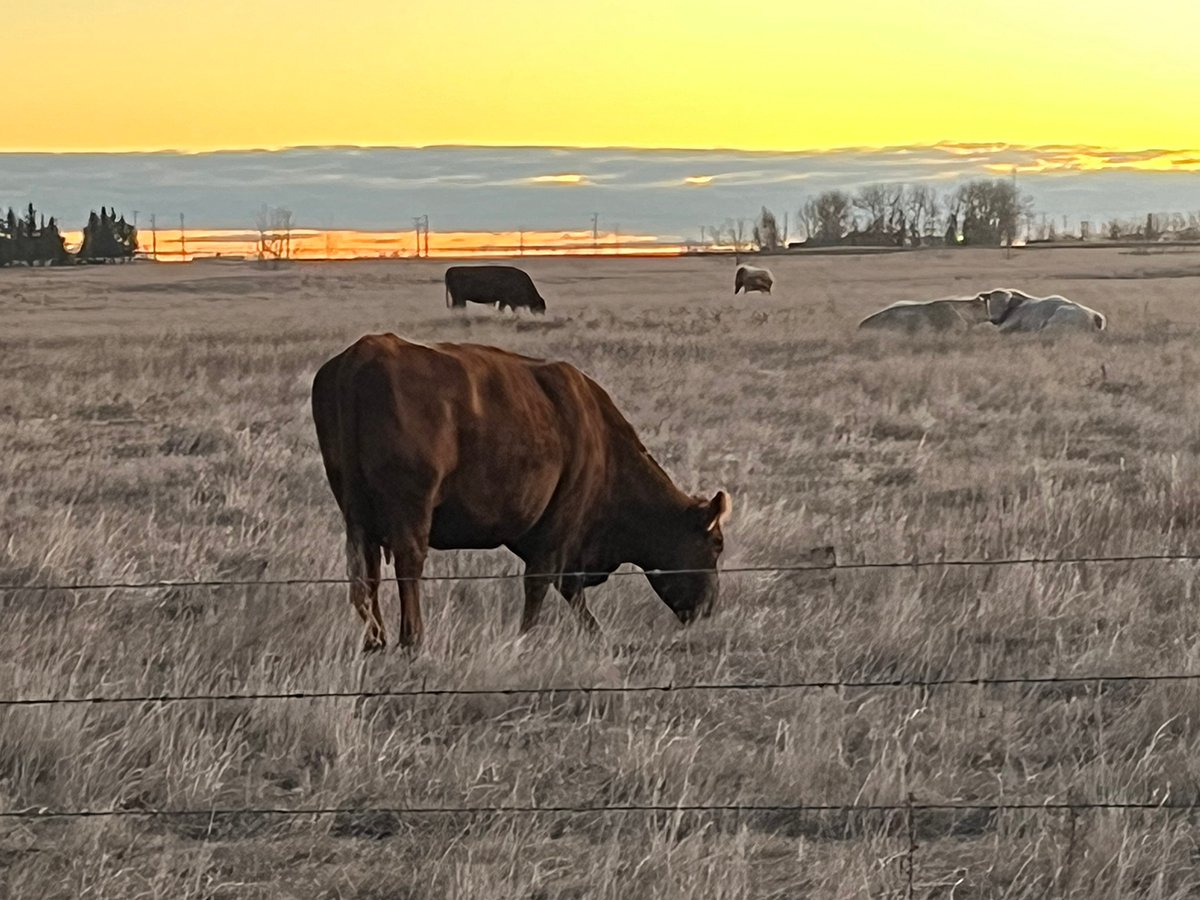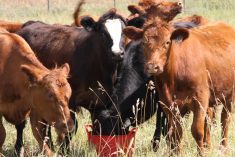Canada has become the target of choice in a highly charged political environment as loads of hogs, cattle and grain are being stopped at South Dakota and Montana border crossings.
South Dakota governor Bill Janklow announced last week all Canadian grain and livestock trucks entering the state must be inspected for drugs and grain diseases.
The South Dakota governor’s office said they are checking for six drugs used in Canada but banned in the U.S. Janklow accuses Canada of depressing cattle prices and the inspections are to make sure the Canadians are abiding by federal and state laws.
Read Also

Animal protection delivery to change in Saskatchewan
The Saskatchewan government is looking for a new agency to handle animal welfare after Animal Protection Services of Saskatchewan decided not to renew its contract next year.
Montana followed Sept. 21 and inspectors are checking for disease, as well as moving violations in trucks. Later in the day Montana producers rallied at the Sweet Grass, Montana border crossing to complain about lack of access to Canadian markets because of unreasonable health regulations.
Ironically, 2,000 Montana feeder calves were purchased by Alberta feedlot operators in a satellite livestock sale Sept.10 following relaxation of health regulations that allow the freer movement of American cattle into Canada. Another 4,000 are slated for sale by satellite auction on Sept. 25.
Canadian hog and cattle industry representatives said this latest action is a trade irritant and drug inspections are out of line.
“He’s dead wrong on the drugs. Four of the drugs aren’t even licensed in Canada, so why is he talking about them?” said Bill Vaags, Manitoba pork producer and vice-chair of the Canada Pork International.
“It’s a trade irritant. It is causing some problems because we’re not sure what kind of documentation should go along with a load,” said Vaags.
Pork producers are trying to develop an authorization form that people can sign to say they don’t use those drugs.
The Canadians want this issue resolved by the two federal governments because state governors should not have the authority to interfere with trade in this manner, said Vaags.
The Canadian Cattlemen’s Association said there are numerous errors in the South Dakota governor’s statement.
Sulphamethazine is approved for use in Canada and the United States. Fluoroquinolones are not approved for use in Canada but may be used in the U.S. That drug is used for birds, dogs and cats in Canada. Glycopeptides are not allowed for use in cattle in Canada. The other two drugs are dimetridazole and ipronidazol.
It is deja vu for the livestock industry.
Nearly 10 years ago shipments of Canadian meat were stopped regularly at the Sweet Grass crossing. An American meat inspector stopped and inspected loads of product destined for U.S. customers because he suspected the meat was contaminated with fecal material.
Cattle producers are concerned this issue could snowball and other states will insist on stepped up inspections, said Dennis Laycraft, executive director of the Canadian Cattlemen’s Association.
“It’s harassment,” he said.
Last year about 18,000 head or 1.7 percent of total Canadian slaughter cattle exports ended up in South Dakota, said Laycraft.
A United States Department of Agriculture official said for the first quarter of 1998, 101,873 head of Canadian feeder, slaughter and breeding cattle crossed through all Montana ports of entry.















